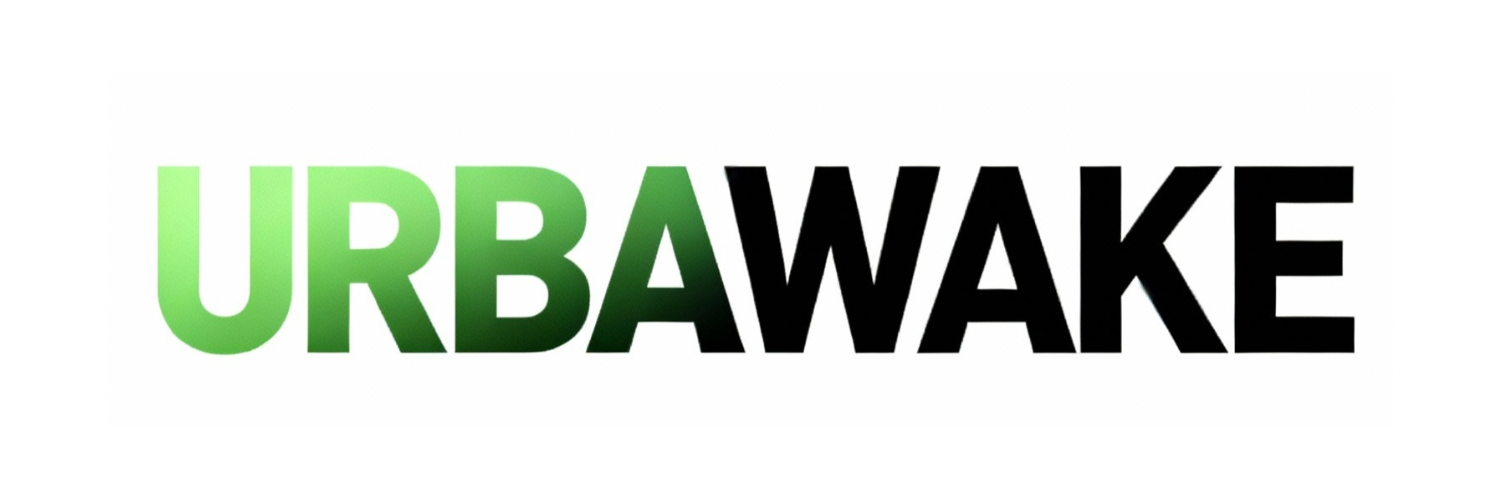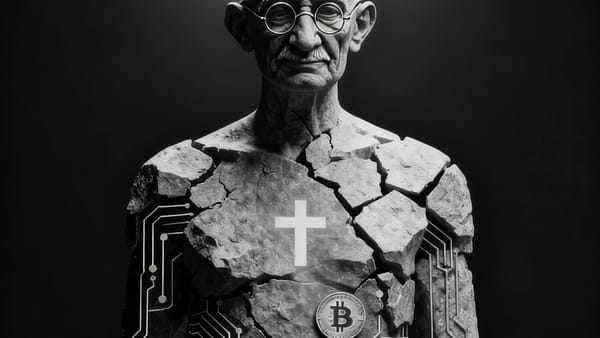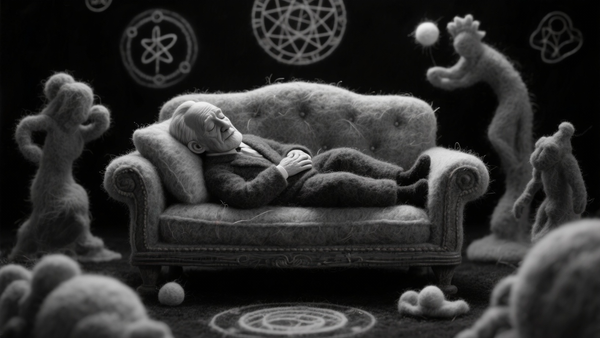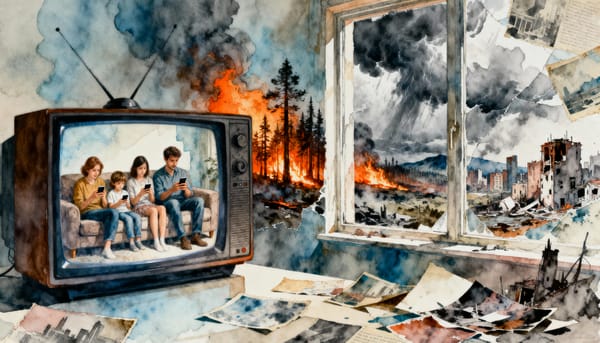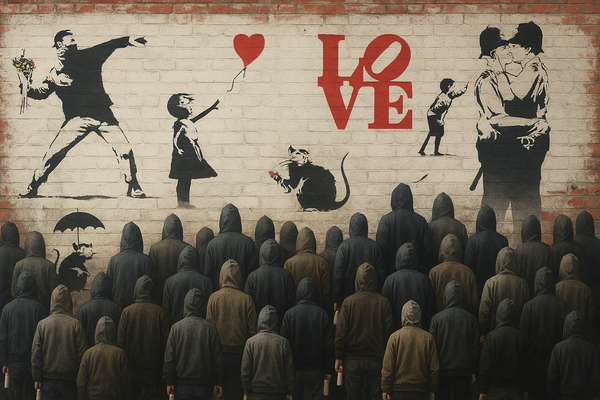La corrupción no rompe el sistema: lo hace funcionar
La corrupción no es un fallo del sistema. Es su engranaje más eficiente. Este artículo desmonta la narrativa moralista que rodea al poder y propone otra forma de mirar —y actuar— desde dentro del juego amañado.


Más allá de los corruptos: lo que revela The Spider’s Web sobre nosotros
Vivimos rodeados de titulares, escándalos, comisiones de investigación y dimisiones que simulan un combate contra la corrupción. Pero rara vez nos atrevemos a formular la pregunta más incómoda:
❝¿Y si la corrupción no fuera una desviación del sistema, sino una de sus formas de funcionamiento más eficaces?❞
El relato del bien y el mal ya no sirve
El liberalismo clásico, nacido en la Ilustración, defendía la libertad individual como límite al poder absoluto del Estado y de la Iglesia. Más tarde, el liberalismo económico defendió también la propiedad privada, el libre mercado y la no intervención como garantías de esa libertad. Pero fue a partir de los años 70, tras la crisis del petróleo y el debilitamiento del modelo keynesiano, cuando esa idea evolucionó hacia lo que hoy conocemos como neoliberalismo: un sistema que convierte la competencia en principio rector de toda la vida social, y que considera el éxito económico como indicador moral.
Ese giro histórico —de la autonomía a la autovaloración por rentabilidad— es clave para entender por qué la corrupción no aparece como un error, sino como una adaptación lógica.
Para facilitar esa transición, más que combatir el sistema, este nuevo individualismo lo interiorizó. Hizo del éxito personal un juicio moral y convirtió la cooperación en debilidad. Lo que en otro tiempo fue impulso de libertad compartida, hoy se desfigura en competencia perpetua.
